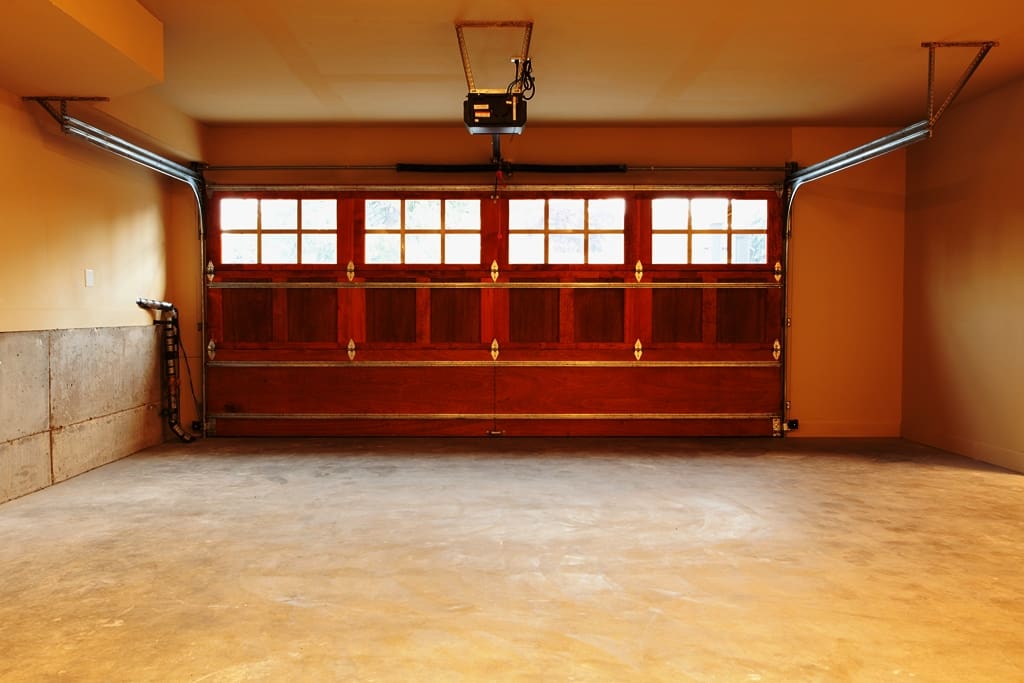Converting a garage into a living space is an appealing option for many homeowners looking to expand their usable square footage without a costly home addition. This transformation can offer benefits like added guest or rental space, enhanced property value, and more functional areas for work or relaxation. However, a garage conversion is not without its challenges, including zoning restrictions, potential loss of storage, and considerable renovation costs. Weighing the pros and cons is essential for making an informed decision that aligns with both your lifestyle and long-term goals. Here, we dive into the key benefits and drawbacks, so read on to discover if you should convert your garage into living space.
Increase in Usable Space and Property Value
A garage conversion can be a cost-effective way to expand the square footage of your home. Unlike building a new addition, transforming an existing garage typically requires less structural work, making it an affordable option for creating a new living area. Additional rooms, such as a bedroom, office, or playroom, can enhance the functionality of your home and make it more attractive to future buyers. In competitive real estate markets, a well-executed conversion can boost property value, appealing to buyers looking for versatile spaces. However, homeowners should ensure that the conversion is legal and complies with local zoning codes, as unauthorized renovations can hinder future sales.
Improved Functionality and Multi-Use Potential
Converting your garage provides an opportunity to create a customized, versatile space suited to your family’s needs. Many homeowners convert garages into guest suites, rental units, or home offices, capitalizing on the privacy and separation from the main house. As remote work and rental demand grow, a garage conversion can serve dual purposes, such as hosting guests or generating rental income. Adding windows, insulation, and upgraded flooring can transform the once utilitarian garage into a cozy, inviting area. However, maintaining adequate insulation and ventilation is crucial to ensure comfort, especially if the space will be used year-round.
Considerable Renovation and Utility Costs

Although garage conversions can be cost-effective, they are still substantial investments that require careful planning and budgeting. Common costs include insulation, new flooring, electrical work, and HVAC installation to ensure the space is livable. Additionally, plumbing may be necessary if the space is being converted into a bathroom or kitchen area, which can drive up the costs significantly. In some cases, the cost of a garage conversion may not yield a direct return on investment, especially if other properties in the area still value garage space. Homeowners must weigh these expenses against the potential long-term benefits to ensure the conversion is financially viable.
Loss of Traditional Storage and Parking Space
One of the main drawbacks of converting a garage into a living space is the loss of storage and covered parking. Garages often house tools, bikes, sports equipment, and seasonal items that would need alternative storage solutions after a conversion. Without a garage, you may find yourself in need of a storage shed or a reorganization of interior closets and basements. Additionally, lack of covered parking can lead to greater vehicle wear and tear from weather exposure, which may be an inconvenience if you live in a region with extreme temperatures. Before making the decision, consider whether the new space justifies the loss of your garage’s original function.
Potential Zoning and Permitting Challenges

Garage conversions are subject to zoning and permitting regulations, which vary significantly between municipalities. Before starting a conversion, homeowners should review local building codes to ensure the project complies with legal requirements, as violating these can lead to fines and forced re-conversion. Zoning restrictions may limit the type of usage allowed in a converted garage, particularly if it will serve as a rental or commercial space. Additionally, if your property is part of a homeowner’s association (HOA), there may be additional rules or approval processes to navigate. Hiring a knowledgeable contractor or consulting with local authorities can help you manage these regulations smoothly.
Conclusion: Deciding on a Garage Conversion
A garage conversion can be a fantastic way to create additional living space, increase property value, and adapt your home to your evolving needs. However, the decision requires a thoughtful analysis of the associated costs, benefits, and potential sacrifices. While the added functionality and possible financial gains are appealing, the loss of storage and potential permitting hurdles can be substantial. Weighing the pros and cons carefully will help ensure your conversion meets your family’s goals, complies with local regulations, and ultimately enhances your property’s value. For many homeowners, the rewards of a well-planned garage conversion outweigh the drawbacks, making it a worthy investment in their home’s future.
#HomeRenovation #GarageConversion #HomeImprovement #RealEstate #DIYHome #LivingSpace #PropertyValue #HomeDesign

Richard has extensive experience in all aspects of buying and selling residential property. He has sold more than 400 homes and well over $100 million in residential real estate. There’s no need to guess. Get expert advice that will allow you to buy and sell with confidence and ease.
For neighborhood guides about Decatur and other intown neighborhoods, click here.
To learn more about the value of your home, please complete the form here.
If you are looking to purchase a home, please reach out here. We would love to help you have a wonderful buying experience.
You can always reach us through the Contact Us page here as well.
